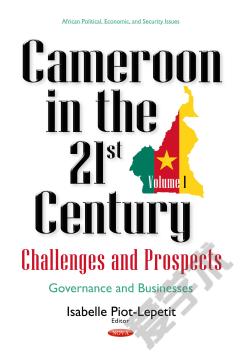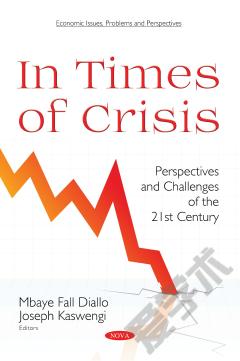Cameroon in the 21st Century: Challenges and Prospects. Volume 2: Environment and People
Cameroon, or officially the Republic of Cameroon, is a country with vast natural resources and a population of 22.8 million people. It is also culturally and geographically very diverse. Due to its geographical and cultural diversity, Cameroon is often referred to as “Africa in miniature.” This country is currently considered a lower-middle income country by the World Bank with social indicators and levels of poverty which are below those for comparator countries. However, the Government of Cameroon aims to achieve the state of a higher middle-income country by 2035. There exists huge potential for economic growth and poverty reduction in Cameroon. The aim of the book is to provide an overview of the main issues, challenges, and prospects faced by Cameroon. The book is composed of conceptual and empirical studies of Cameroonian scholars gathered together in order to provide descriptions and explanations of main issues as well as policy recommendations to support decisions-makers. These considerations are those of Cameroonians for Cameroon. The book is organized into two volumes. The first one entitled “Governance and Businesses” is devoted to issues relating to public governance, investment climate, insecurity, globalization, business development, and activities that are sources of employment in Cameroon. The second volume entitled “Environment and People” deals with issues concerning the management of cross cutting economic services, the conservation of forests, the sustainable development of agricultural activities, the role of women, the immobility of workers, problems of development and poverty alleviation, millennium development goals, the performance of microfinance institutions, multilingualism and education in Cameroon.
{{comment.content}}








 京公网安备 11010802027623号
京公网安备 11010802027623号